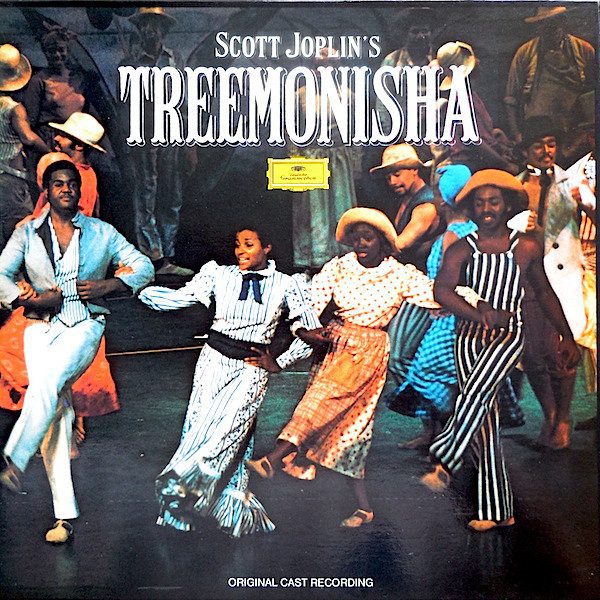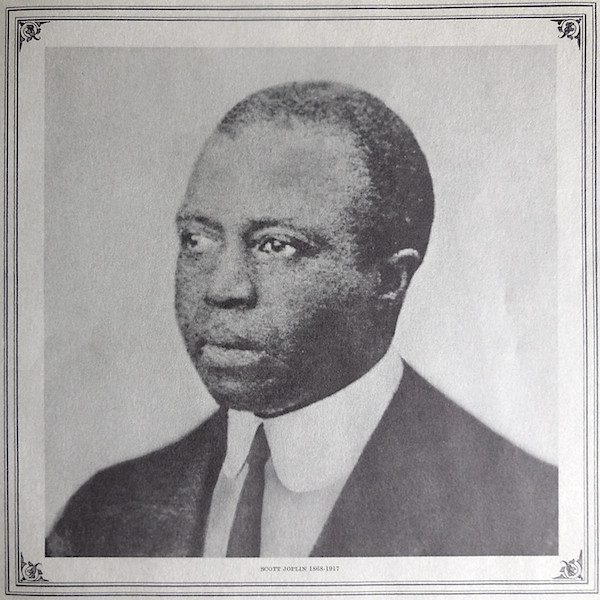
Major Theme of Opera
Superstition
SETTING
Early 1880’s on an abandoned plantation
:format(jpeg):mode_rgb():quality(40)/discogs-images/R-4888241-1425203389-3842.jpeg.jpg)
MUSICAL GENRES
- Classical
- Elements of Ragtime: syncopation, American-marches, and triplet rhythms
- Jubilee Quartets
- Elements of Negro Spirituals: call and response

CHARACTERS
ROLE:
ZEDZOTRICK"CONJURING MAN"
MONISHA
NED
TREEMONISHA
REMUS
ANDY
LUCY
PARSON "ALLTALK"
SIMON
CEPHUS
LUDDUD
PLAYED BY:
OBBA BABATUNDE
DELORES IVORY
DORCEAL DUCKENS
CARMEN BALTHROP
CURTIS RAYAM
KENN HICKS
CORA JOHNSON
RAY JACOBS
RAYMOND BASEMORE
MICHAEL GRAY
CLEVELEND WILLIAMS
General Storyline
He intends to sell a bag of luck to Monisha that will stop Ned's drinking. Treemonisha detests he is an impostor and decrees to break the spell of superstition in her community. The Conjuring Man threatens to seek vengeance.
Social Significance
Joplin’s opera became the precursor for many African-American composers and performers in musical theater. His deliberate use of an educated woman to lead her community from their old, superstitious, and barbaric habits to believing power lies within the educated mind, enhances the overall message. It highlights the ideologies of the transition from an enslaved mindset to one that is fit for a progressive America.
- Began in the late 19th century
- Black composers helped bridge the gap between representation of African-Americans in minstrel shows to a more classical and professional arena
- First staging was done by Morehouse College in 1972
Origins
Personal Opinion
As a classically trained vocalists I was surprised by the amount of effort it took to find information about a genre that was not originally established by African-Americans but still a part of our musical legacy, I believe there is still a large need for representation in this genre.

